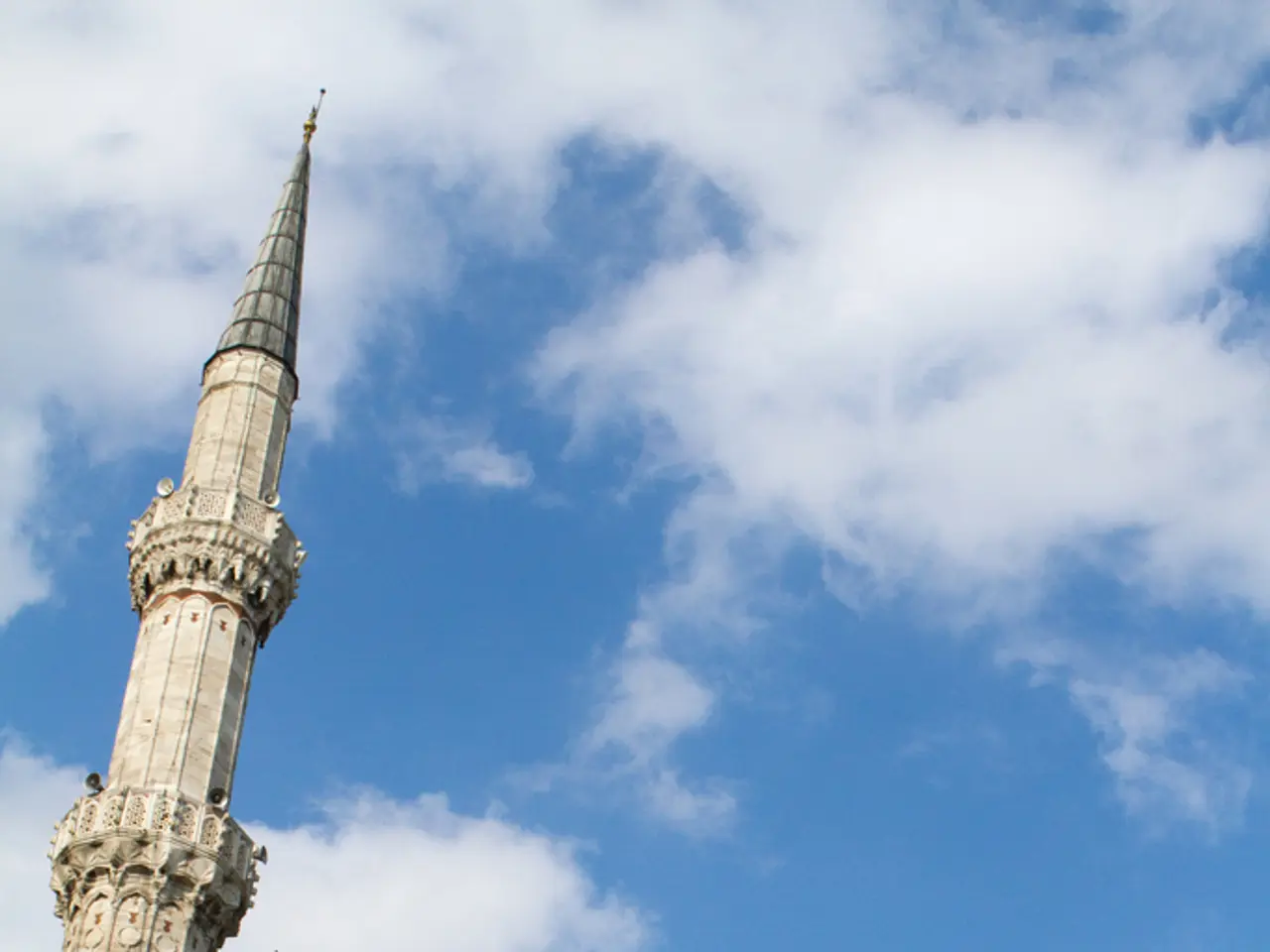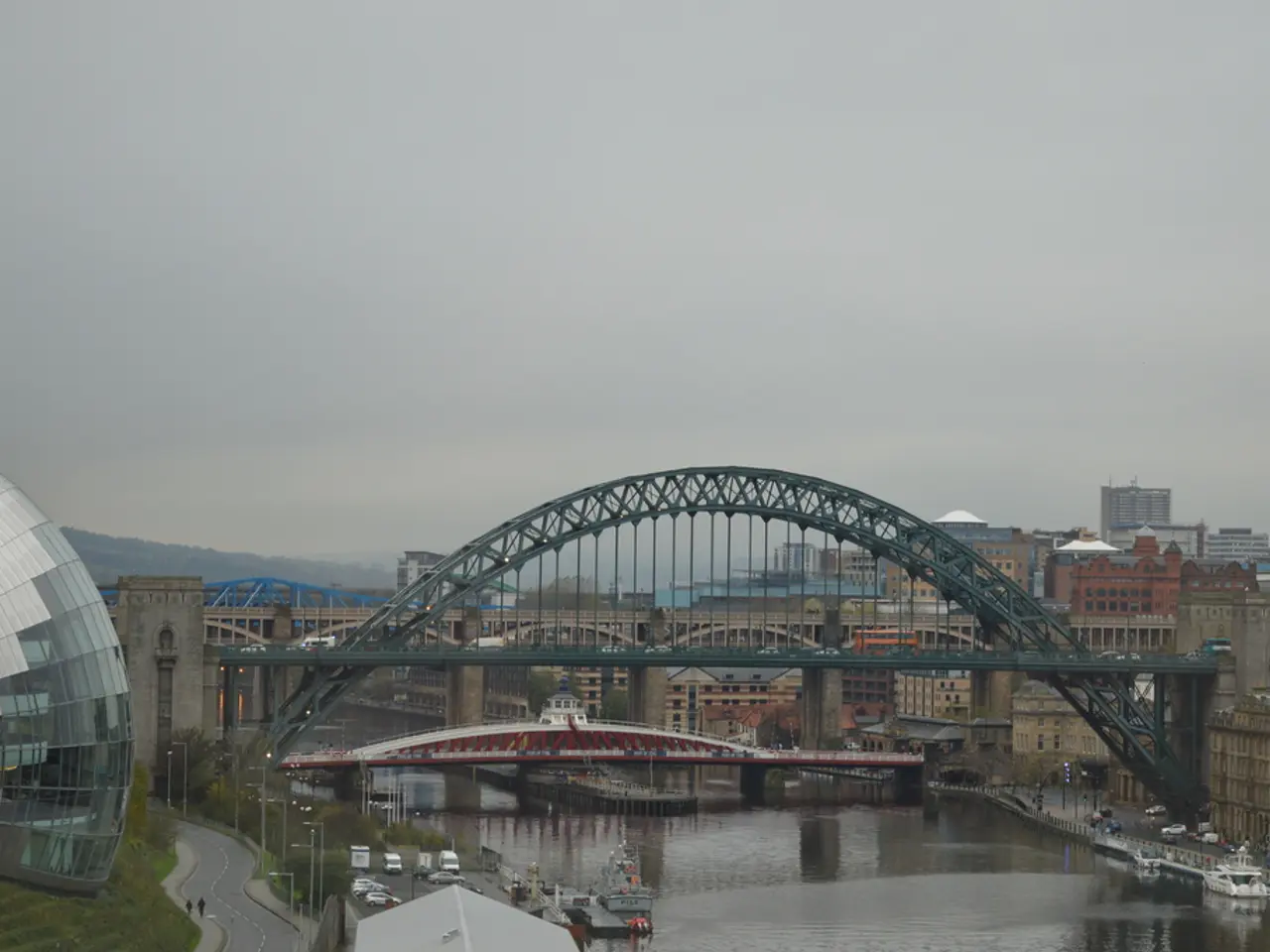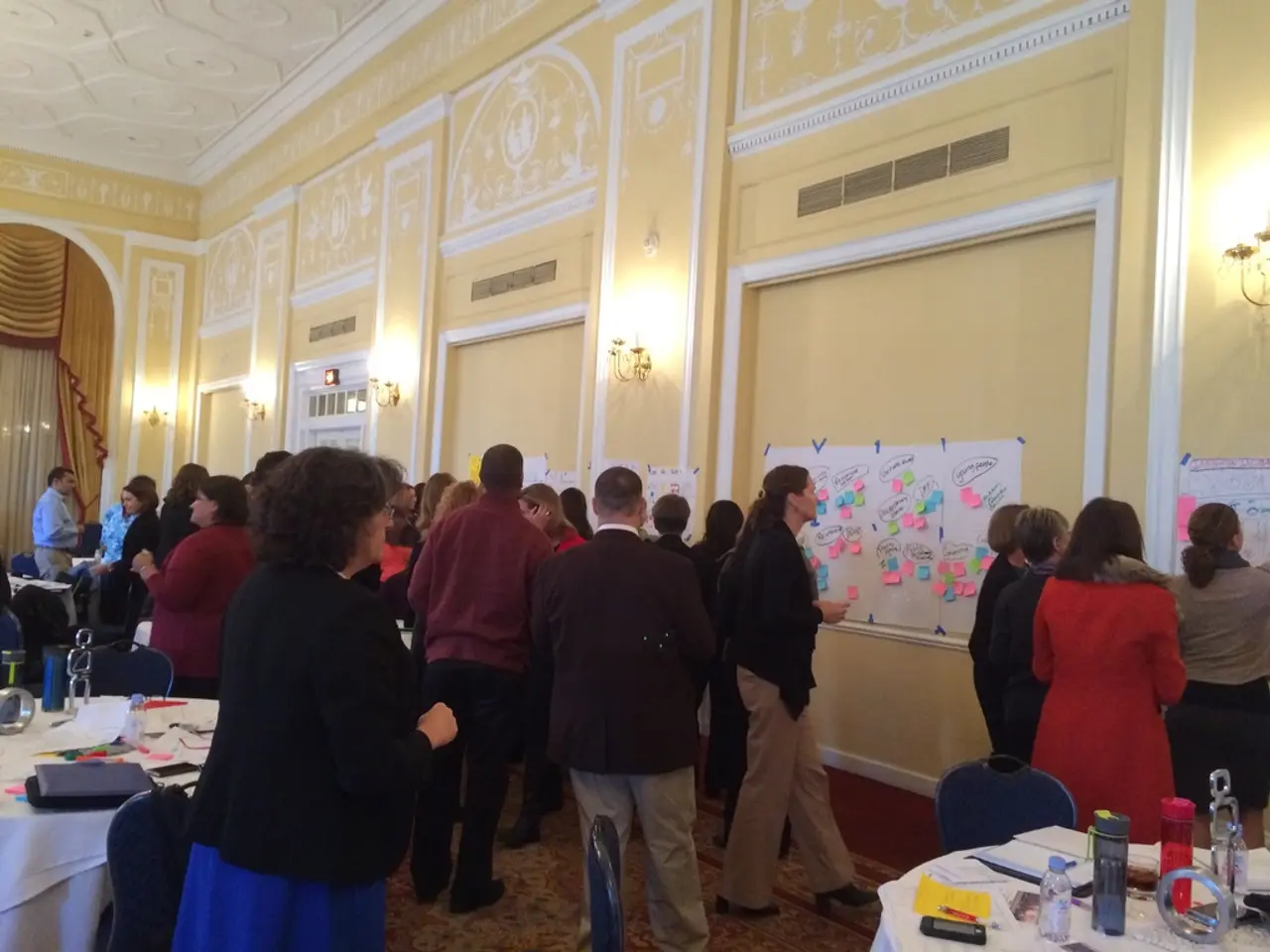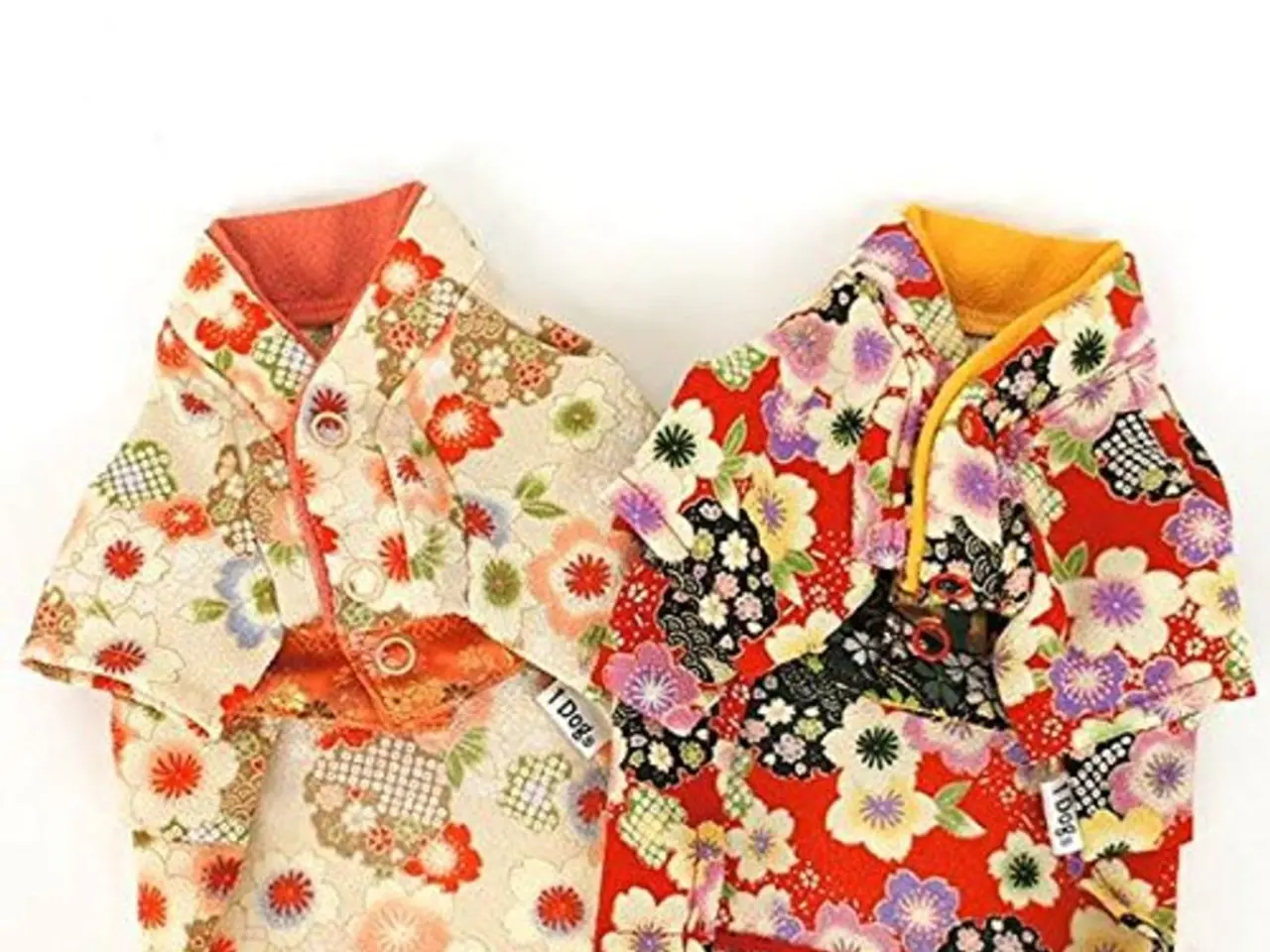Struggling Existence in Transit: Daily Struggles of Migrants in Tunis
Struggling Migrants in Tunisia: A Result of EU Migration Policies
Tunisia, once a hub for migrants seeking a new life in Europe, has seen a significant shift in its migrant population due to EU migration policies. The decline in migration continues at the same pace in the first quarter of this year, with around 3,500 irregular migrants voluntarily returning to their home countries this year [1].
The EU's focus on migration control, border management, and reduction of arrivals via the Central Mediterranean route, as seen in agreements like the July 2023 Memorandum of Understanding, has intensified the challenges faced by sub-Saharan African migrants in Tunisia [1].
One such challenge is the outsourced border controls and prevention of departure. The EU provides Tunisia with substantial funding, over EUR 100 million, aimed at strengthening border security, search and rescue efforts, and anti-trafficking operations to curb irregular migration towards Europe [1]. However, this approach prioritizes preventing migrants from leaving Tunisia for Europe rather than protecting their rights.
Migrants, especially black sub-Saharan Africans, frequently face harassment and discrimination by Tunisian authorities, sometimes with EU backing or tacit consent. Incidents include forced evictions of migrant camps in Tunis and police abandoning migrants near borders to Algeria or Libya, exposing them to dangerous conditions and further displacement [1][2].
EU externalisation policies contribute to racial profiling at borders, where migrant treatment is often based on race and gender, disproportionately impacting Black African migrants in Tunisia. This exacerbates the systemic discrimination and unequal treatment faced by migrant women and racialized groups [2].
The EU's broader strategy includes redefining "safe countries" and expansion of return/deportation rules, with the effect of limiting asylum access for those in Tunisia and shifting responsibility away from Europe to North African states. This heightens the risk of forced returns and undermines protection safeguards [3][4].
Ahmed Barry, a 24-year-old migrant from Guinea, works at a car wash in Tunis, Tunisia. Business at the car wash is slow and the equipment is old. Ahmed and another migrant, Ali Moriba, share a two-room apartment with five other West African migrants. Most African migrants do not stay at the car wash for long, either leaving or getting caught [1].
Karim, a migrant from Cameroon, searches for plastic bottles in the trash to sell them for 30 cents per kilogram. Life has become harder for migrants in Tunisia since the country signed an agreement with the European Union two years ago to curb migration flows [1].
A migrant and his family are waiting at the airport in Tunis to return to Guinea after three years of unsuccessful job search in Tunisia. The migrants are hoping to make it to Europe, but the coast guard has increased its patrols and monitoring of the waters, with European equipment and harsher penalties for smugglers [1].
President Kais Saied has accused migrants of bringing "violence, crime, and unacceptable behavior" into the country, leading to increased harassment, intimidation, and clashes between migrants and locals [2]. Authorities have dismantled and dissolved several makeshift camps, including the largest one near Tunis and others in the Sfax region [1].
The EU's migration policies externalize migration controls to Tunisia, reinforcing tough border regimes that cause significant harassment, human rights abuses, and involuntary returns for African migrants. These policies prioritize migration prevention over protection, exacerbating challenges for migrants in Tunisia and threatening their access to asylum and fundamental rights [1][2][3][4].
[1] Amnesty International (2022). Tunisia: EU migration policies fuel abuses against migrants and refugees. [Online] Available at: https://www.amnesty.org/en/latest/news/2022/02/tunisia-eu-migration-policies-fuel-abuses-against-migrants-and-refugees/
[2] Human Rights Watch (2021). Tunisia: Abuses Against Migrants and Asylum Seekers. [Online] Available at: https://www.hrw.org/report/2021/07/13/tunisia-abuses-against-migrants-and-asylum-seekers
[3] UNHCR (2020). Tunisia: Forced Returns and Expulsions of Asylum-Seekers and Refugees. [Online] Available at: https://www.unhcr.org/news/latest/2020/10/5f89a7814/tunisia-forced-returns-expulsions-asylum-seekers-refugees.html
[4] Fortress Europe (2020). Tunisia: EU's Migration Policies Fuel Abuses Against Migrants and Refugees. [Online] Available at: https://www.fortresseurope.org/tunisia-eus-migration-policies-fuel-abuses-against-migrants-and-refugees/
The EU's hardline migration policies have led to an increase in challenges faced by migrants in Tunisia, contributing to a rise in racial profiling and human rights abuses. The service provided by the EU, intended to strengthen border security, has inadvertently prioritized migration prevention over protecting the rights of migrants, particularly black sub-Saharan Africans. In the realm of general-news and crime-and-justice, this approach has been criticized for exacerbating systemic discrimination and unequal treatment.








